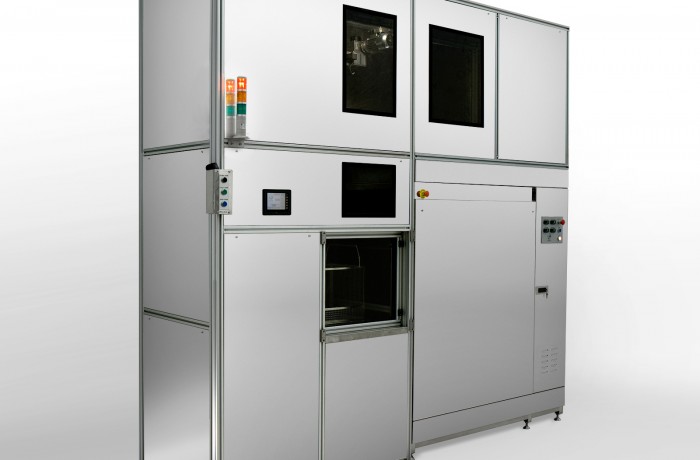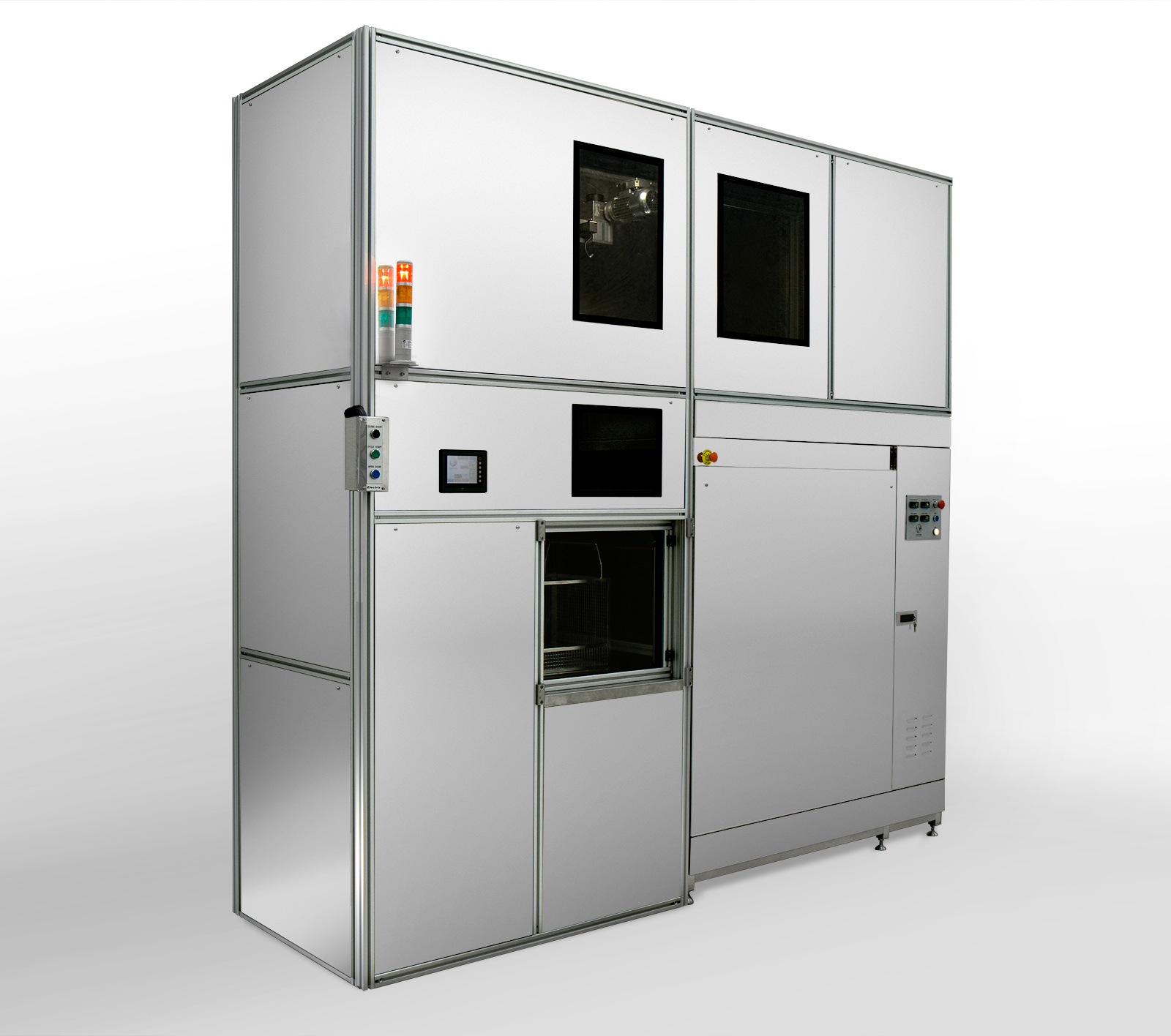Layton Technologies solves trike emission limit problem
Layton Technologies has produced a bespoke cleaning system for a leading manufacturer of aeronautical components, creating an all-in-one solution to problems posed by the reclassification of trichloroethylene (often known as TCE or trike) and its controlled use under the Solvent Emissions Directive (SED)
Trichloroethylene is a powerful solvent for surface degreasing and is widely used in the aerospace industry as a highly effective vapour cleaning solution. The EU reclassified trike as a Category 2 carcinogen (risk phrase R45 - may cause cancer) and stipulated restrictions on its use, including a limit of 1 tonne of solvent use per annum by companies.
Further safety requirements under the Control of Substances Hazardous to Health Regulations (COSHH) were for employers to consider using a substitute for trike, or, if this was not reasonably practicable, to enclose the degreasing process wherever possible.
Layton’s client makes an array of components, complex fabrications and assemblies for the aerospace and industrial markets, including honeycomb seals for high and low pressure turbines and compressors. Like many similar companies, Layton’s client used trichloroethylene in open top de-greasing vapour baths as a highly effective cleaning solvent. The new guidance from the SED and COSHH about the use of trike meant that the client had to re-evaluate its cleaning processes in order to be compliant but equally effective; as critical aerospace components are required to be both cleaned and dried effectively.
To add to the mounting challenges, suppliers of trike decided not to deliver to companies where operators would come into direct contact with the reclassified solvent, for example, with open top vapour tanks.
Layton Technologies in Staffordshire were approached after the client failed to find a cost-effective and suitable cleaning system solution elsewhere.
How could Layton Technologies help their client maintain its high quality manufacturing processes, yet comply with the new legislation with the use of trichloroethylene?
The challenge was to create a precision cleaning system, large enough to contain the components that could clean and dry them thoroughly and could operate without staff having to touch or go near trike during the process. The new 1 tonne limit on the amount of trike used per annum by companies posed a particular headache for the client, as the solvent evaporates quickly, and the usage limit imposed would not be enough for the client’s annual needs.
Layton Technologies provided the solutions; it built a double enclosure system that could contain the trike in an inner chamber. Once the outer chamber was closed, the components could be delivered internally to the inner chamber without the need for operating staff to come into contact with the solvent. Layton Technologies applied the use of dry cleaning technology to ensure the components were dried thoroughly within the enclosure after cleaning.
The masterstroke of the new Layton Technologies system was how it contained the trike vapour once it had been used for cleaning which is condensed and filtered for re-use, enabling the client to keep within the SED trike storage limit.
The success of the Layton Technologies system meant that the client was delighted to place a second, larger order with the company.
For more information please contact Layton Technologies:
marketing@laytontechnologies.com
Tel +44 (0)1782 370400


